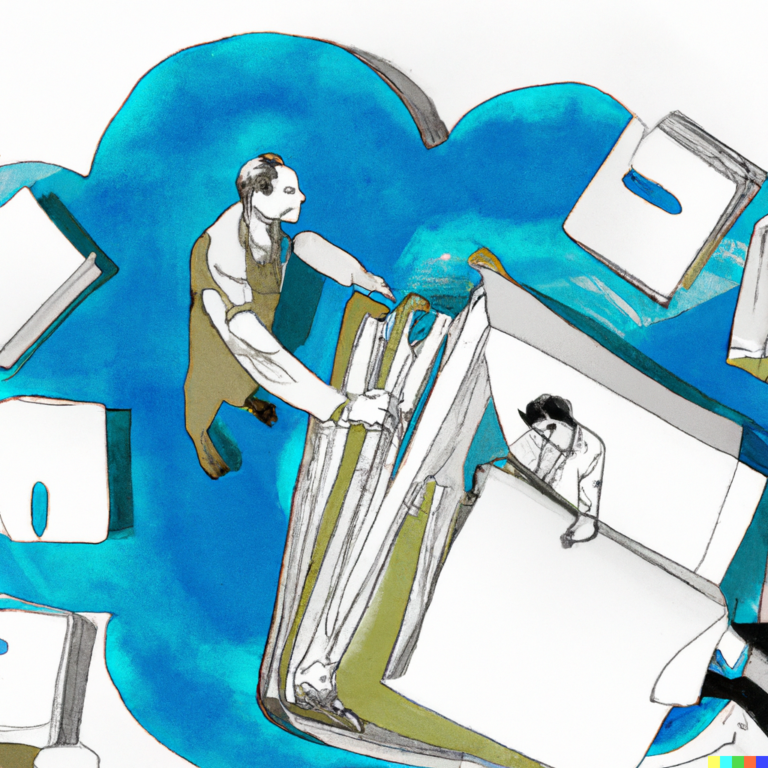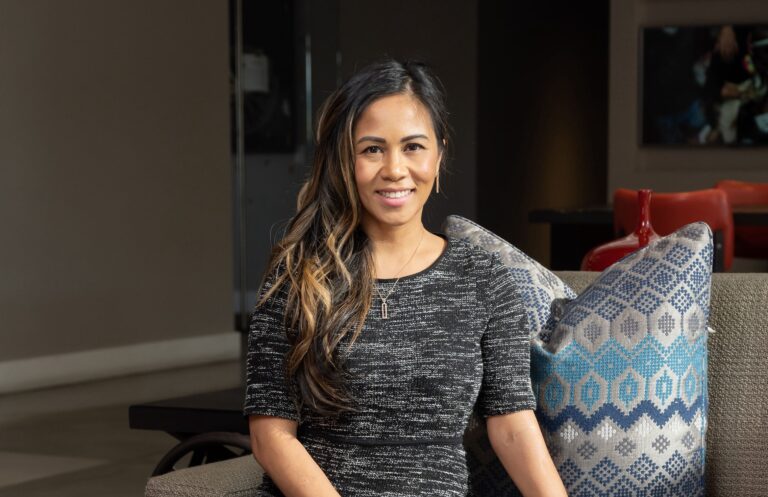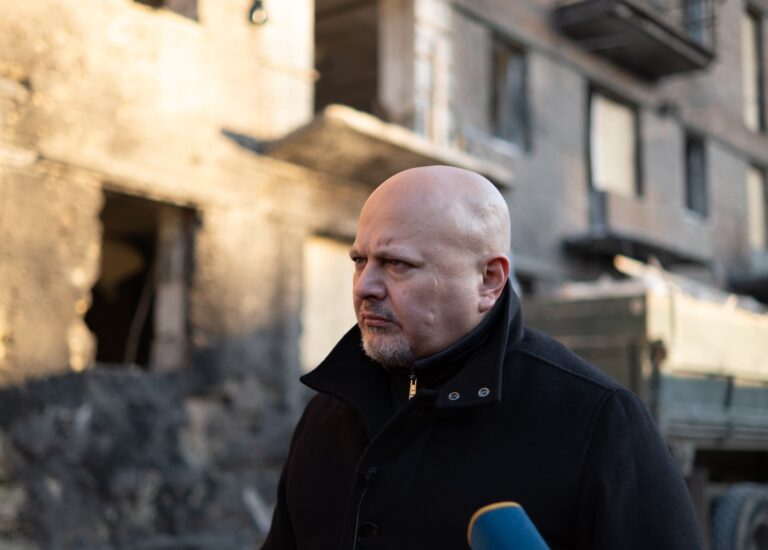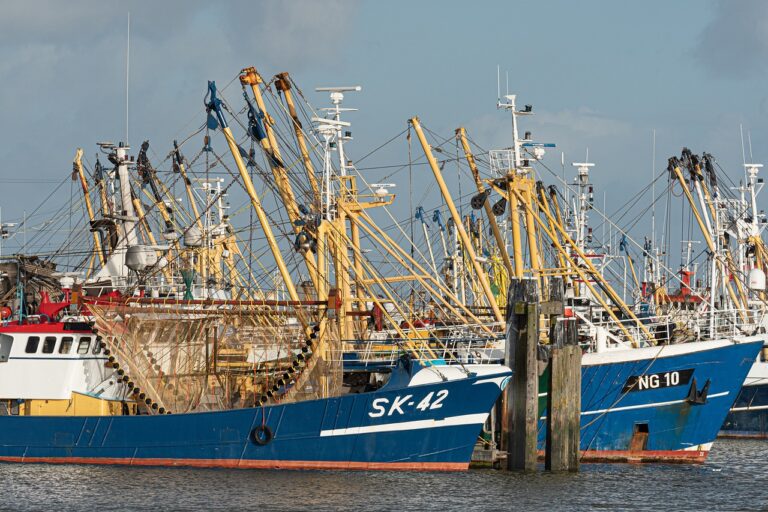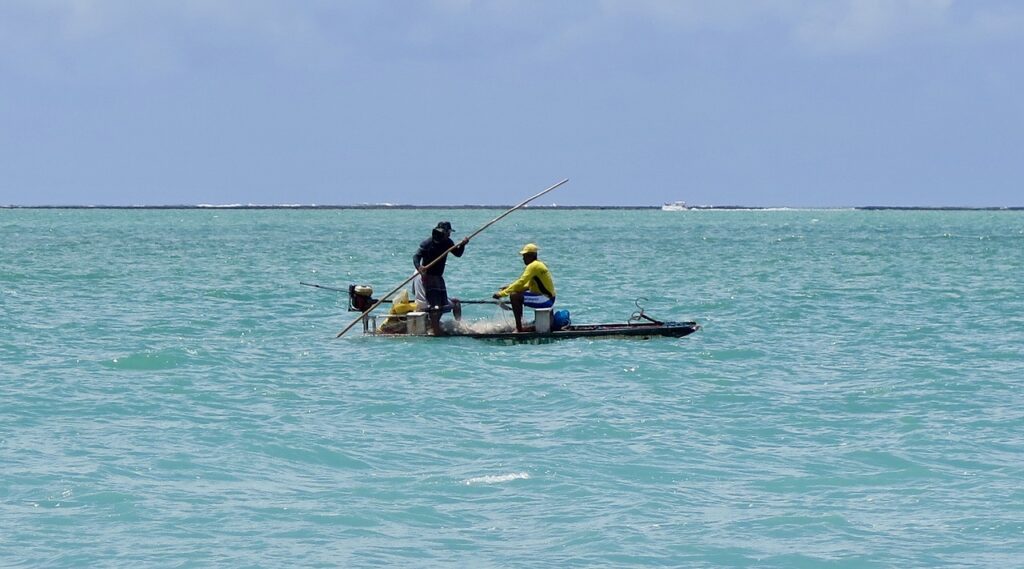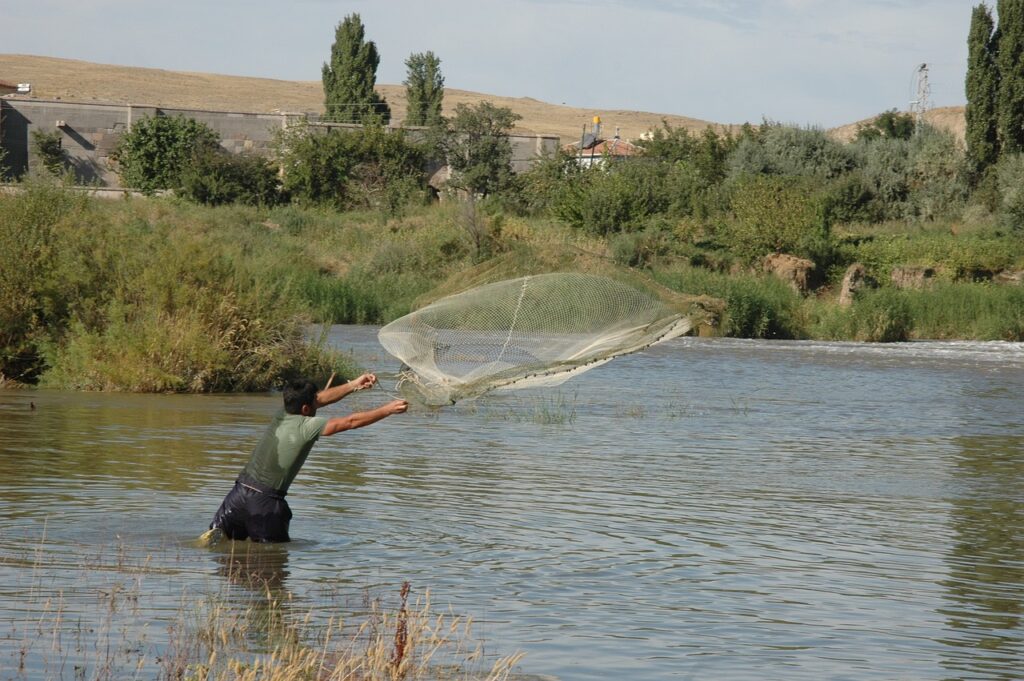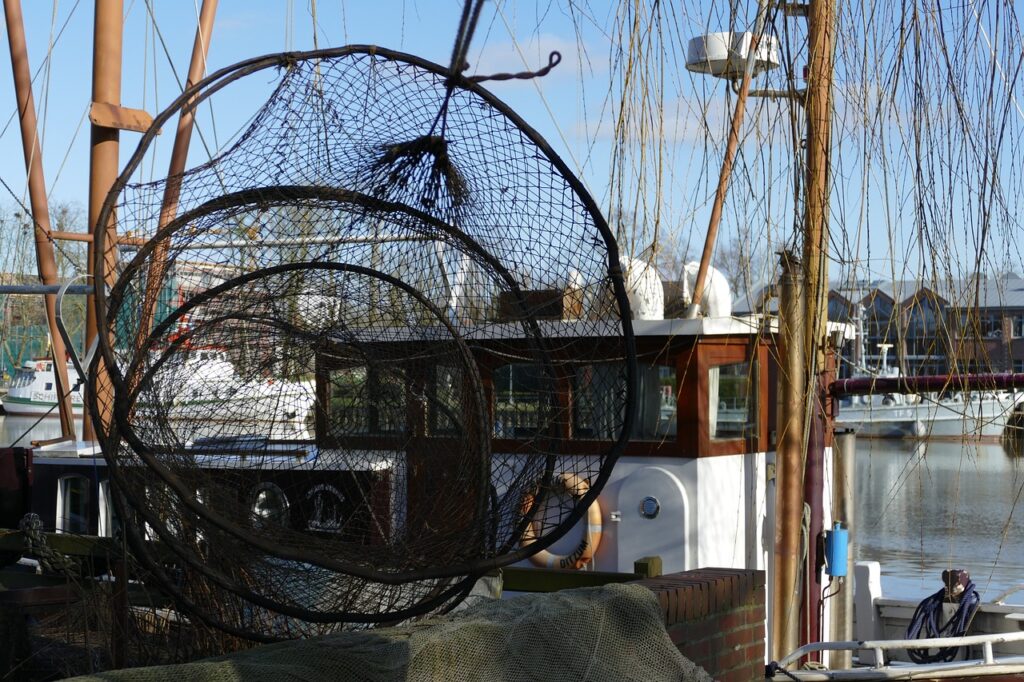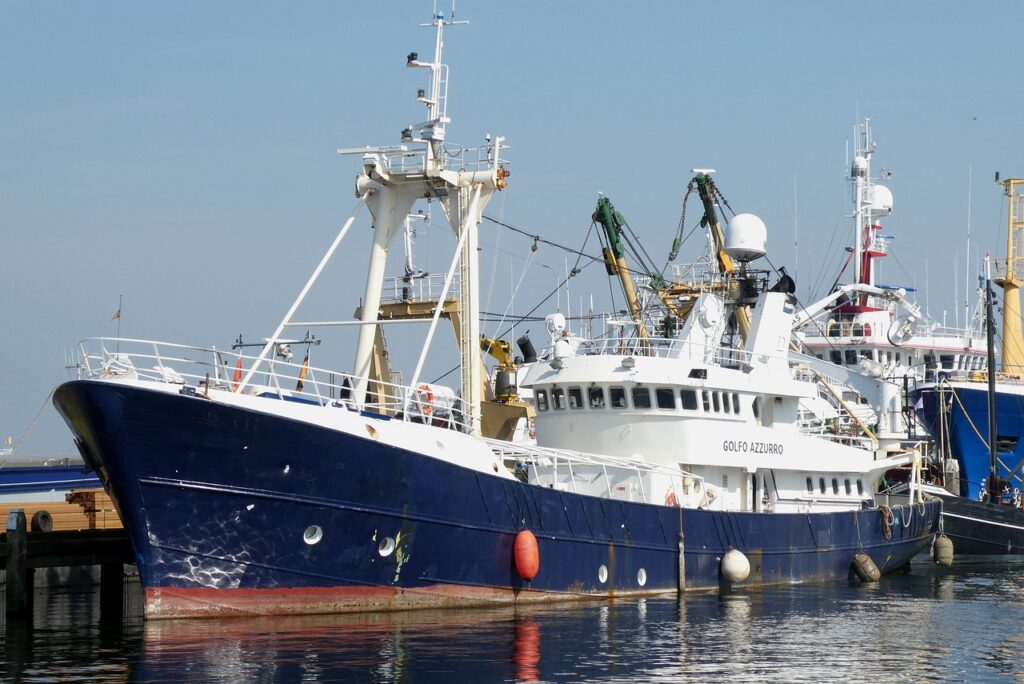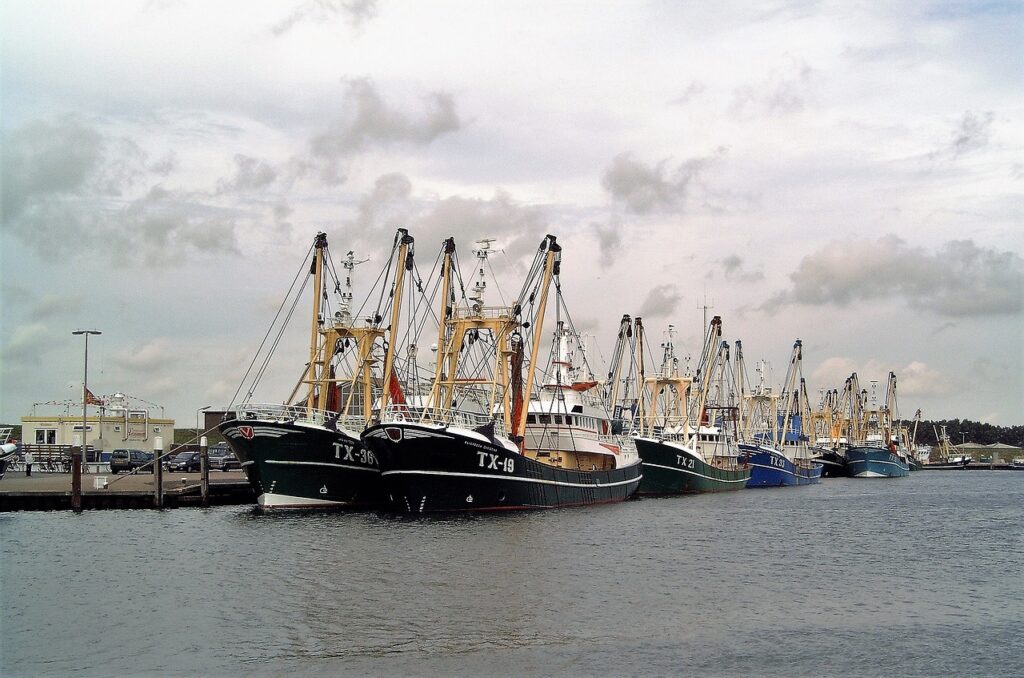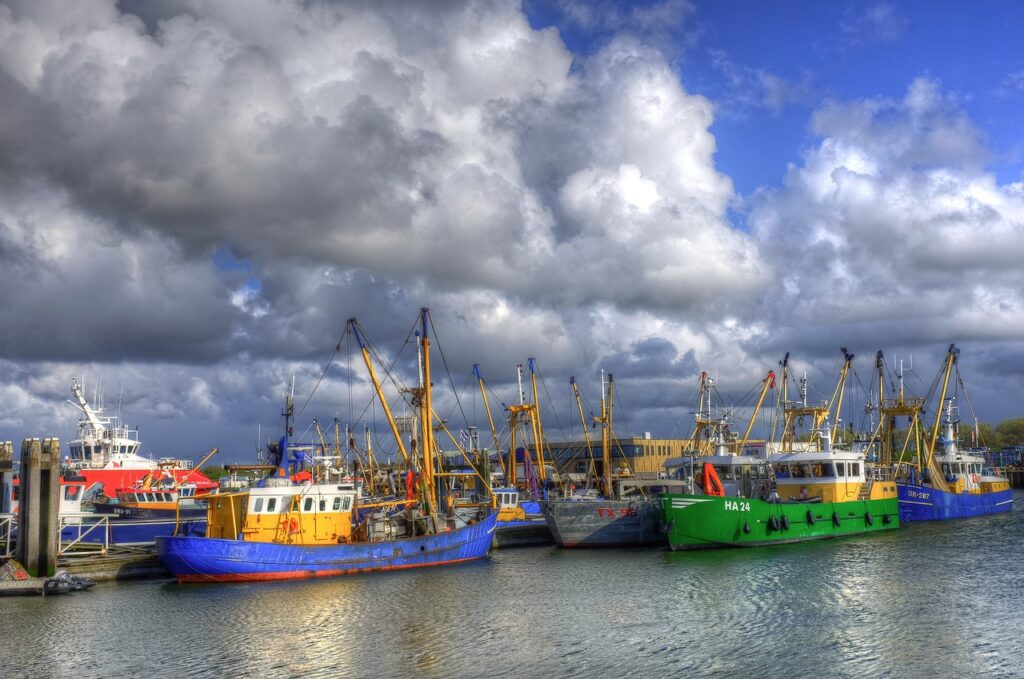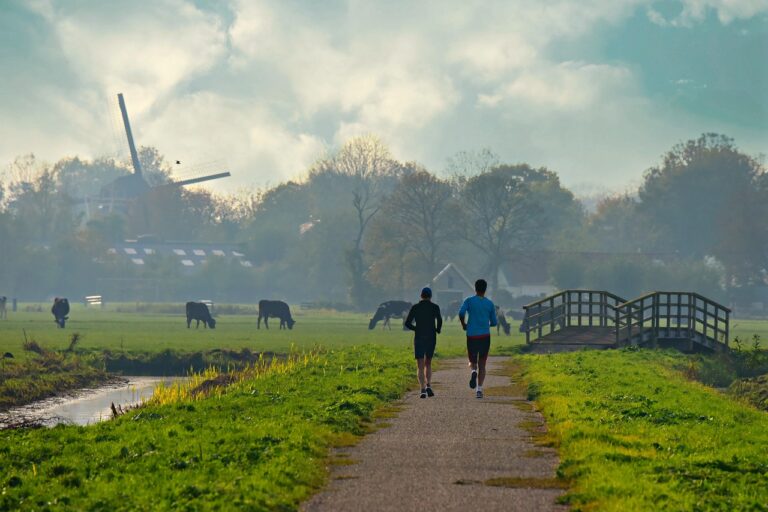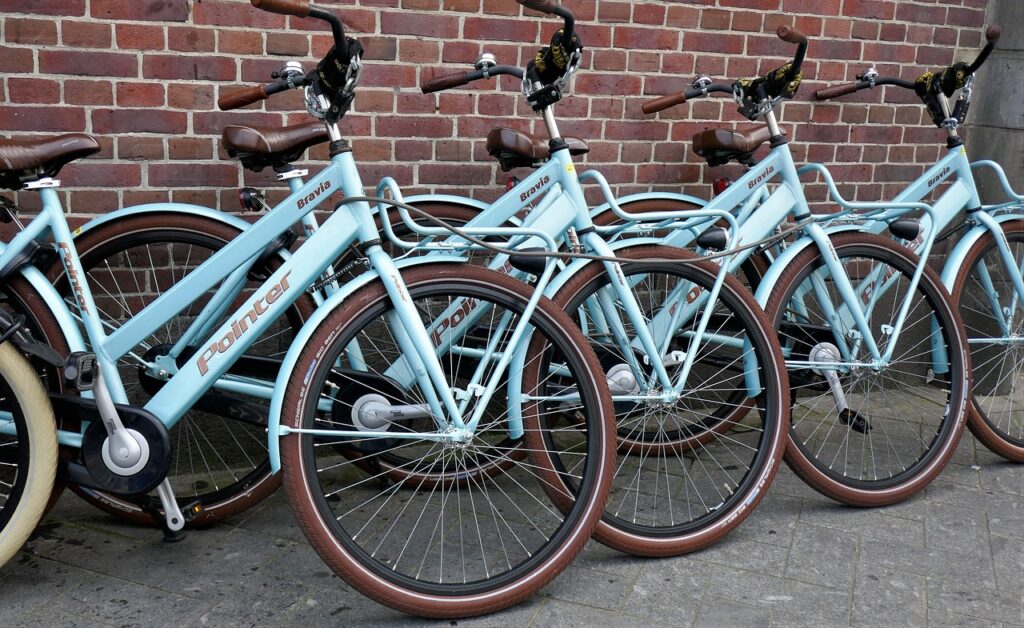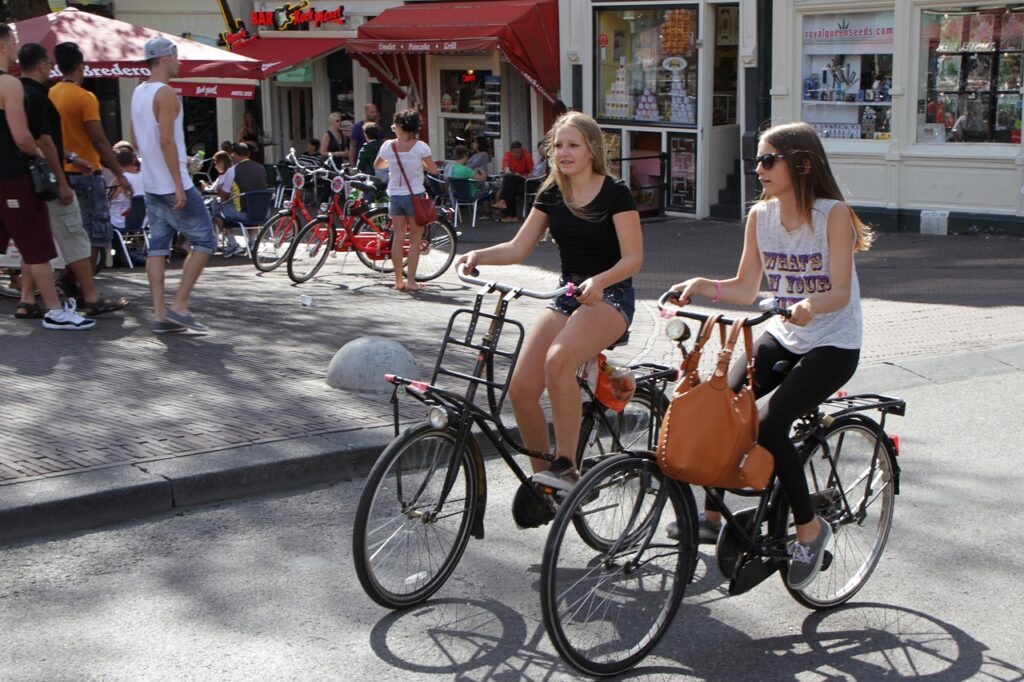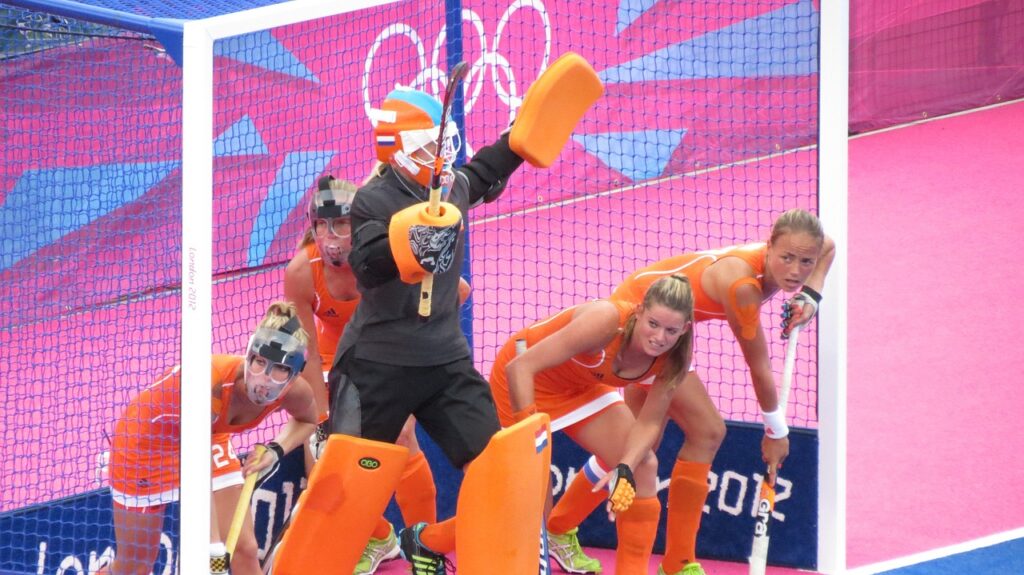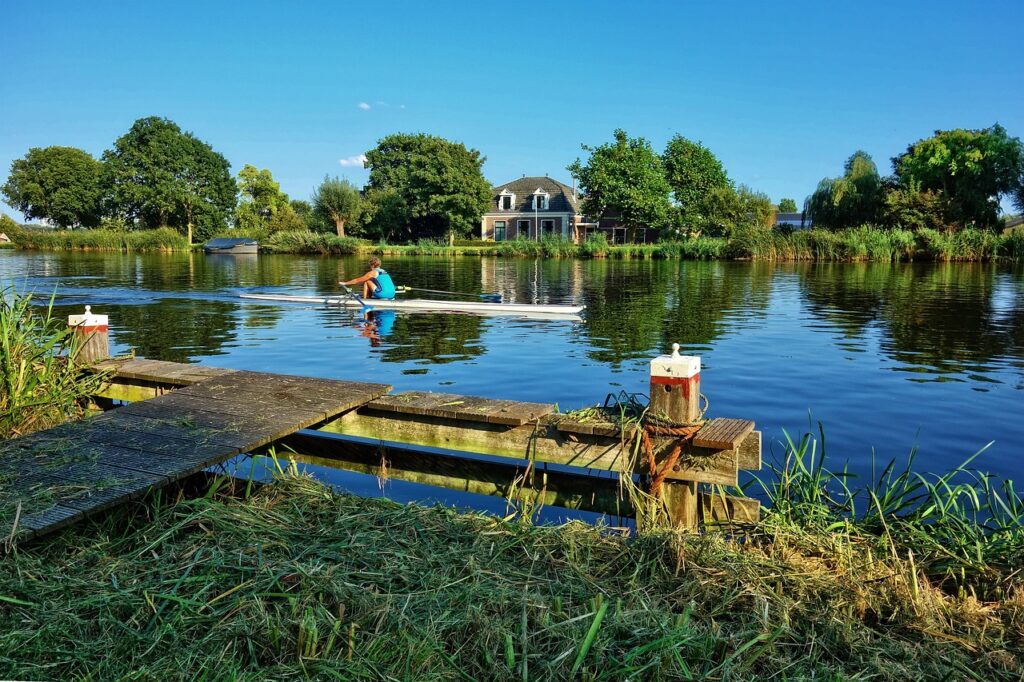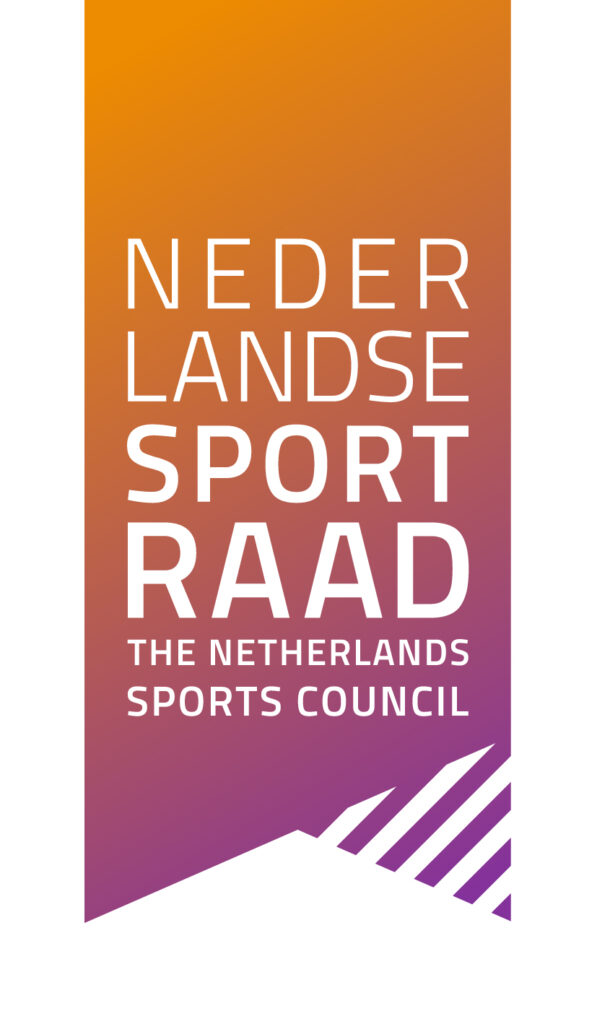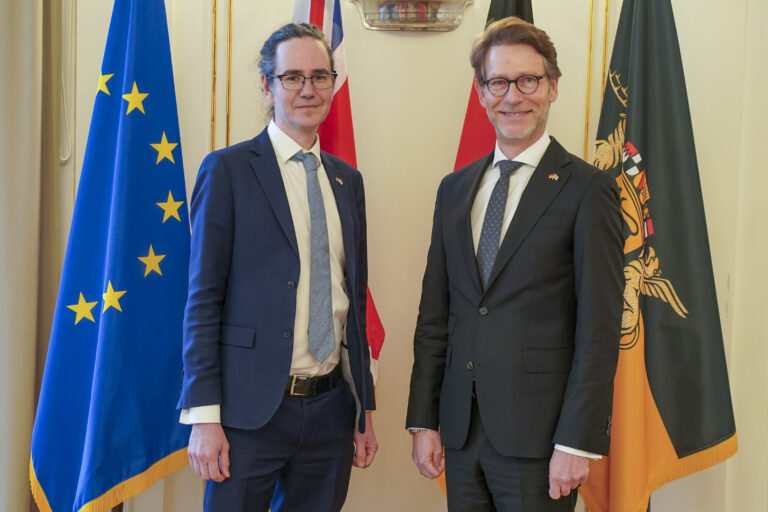Policy considerations- Complex technology – simple solutions
By Henri Estramant, LLM
The article highlights major issues surrounding copyright ability policy from an international perspectives, and concludes that despite the hype surrounding AI systems, most legal systems are already adequately equipped with best practices to handle these technological developments.
Most AI experts do not expect AI systems to come even close to human-like intelligence until about 2075[1], and such conjectures are mere speculations. At the moment institutions such as the European Commission[2] do not see it warranted or ethical to grant AI systems legal personhood, a prerequisite for copyright and patent protection. Additionally, act of invention requires the deployment of “human faculties”, even entities with legal personality such as corporations may not be considered as inventors.
Therefore, my general policy recommendations on the subject:
a) The time for an AI system, or Robotic Process Automation (RPA) or a robot to hold uniquely human creative capabilities is still very far off. While it is potentially possible that AI systems will produce material that is crucial for rendering an invention inventive, it is still possible that the human contribution and human conception of the idea that underpins the invention enable the identification of a human inventor under whom to patent, or copyright a work. If AI systems in general are afforded such a prerogative in the future, it ought to be on the basis of granting them ‘individual legal personhood’, which shall require proof of extraordinary ‘creative capabilities’ akin to those of a human, or in simple terms, that the AI system can create ‘original content’ without the need of a human facilitator.
My approach is warranted by the UK’s path, also followed by countries such as Ireland, New Zealand, Hong Kong SAR, India, etc. The UK’s Copyright, Designs and Patents Act (CDPA), section 9(3)[3] states “In the case of a literary, dramatic, musical or artistic work which is computer-generated, the author shall be taken to be the person by whom the arrangements necessary for the creation of the work are undertaken”.
Moreover section 178[4] of the above mentioned CDPA, specifies that “computer-generated”, “in relation to a work, means that the work is generated by computer in circumstances such that there is no human author of the work”. The latter statement predisposes an exception for whenever a human is not directly involved in the generative process, and can provide flexibility for UN member states to grant copyright to an AI system deemed to fulfill certain requirements that they embed in their respective legal jurisdictions. As a matter of fact, the aforementioned approach is warranted by the UK’s Supreme Court decision Thaler v Comptroller-General of Patents, Designs and Trade Marks dated 20 December 2023[5] wherein the highest court affirmed that “AI cannot be inventors under current UK patent law”. The Court’s decision hinged on interpreting ‘inventor’ in the Patents Act 1977, strictly for natural persons. This traditional understanding excludes non-human entities like AI. The Court clarified at paragraph 56, that an inventor “must be a natural person,” excluding AI like DABUS.
The ruling implies Thaler’s legal position might have been different had he named himself as the inventor, using DABUS as a tool. This alignment with legal norms could have satisfied Section 13, making DABUS a facilitator rather than an autonomous inventor.
Hitherto the only major jurisdiction, wherein an AI generated content (AIGC) has been afforded direct copyrightability is Beijing, through a judgement of Beijing Internet Court[6] issued on 4 December 2023, but that can still be appealed to Beijing Intellectual Property Court. The latter decision is potentially epoch-making, if it withstands the test of an appeal and taking into account NYU Stern School of Business Professor Arun Sundararajan’s statement that predicts that the world will “follow China rather than the EU[7]” concerning AI regulation. China for instance already requires watermarking[8] for AI-created content. Deepfakes are already explicitly banned in China, that is, making a video mimicking someone else without that person’s consent. Moreover, China requires the registration of all generative AI systems with the Cyberspace Administration of China[9].
The judgement by Beijing Internet Court moreover stands in stark contrastto the case Thaler v. Perlmutter et al, (D.D.C. 2023)[10], issued 18 August 2023, District of Columbia, USA, and that in 2023 was considered the first groundbreaking ruling in the AI age. On the other hand, Beijing Internet Court did stipulate that “AI-generated images should be judged on a case-by-case basis”[11]. The ruling was based upon the image’s ‘originality’, wherein the defendant adapted his work through a plethora of prompts in order to reach “aesthetic choice and personalised judgment”[12], a rationale that follows an approach analogous to the earlier explained UK’s Copyright, Designs and Patents Act (CDPA), section 9(3); further solidifying my best practices policy approach.
b) Taking into consideration public fears of a ‘AI takeover’, global bodies such as the UN should recommend to all member states to assuage such hesitations by safeguarding the status quo that guarantees copyright and patent entitlement linked to the interactions of AI systems with direct human creativity. That is to say, a human being must be enshrined as the innovator and creator of material produced with the aid of AI tools and robots. Albeit the latter approach will be problematic, with people wishing to grant AI personality rights and consciousness, the fact is that generative AI is still subservient to the interaction with the human wit, and shall remain thus for the foreseeable future. Already now we apply artistic creations through licensed products such as PowerPoint or Microsoft Word to our own work, so the copyright for such presentations, or contents is not granted to Microsoft Corporation.
Lately a plethora of media outlets have written articles about the possible ‘awareness’ or ‘consciousness[13]’ of AI systems, however, there is no evidence that such statements hold any accuracy as the technology is not yet so advance.
c) Concerning fair use: Since 2019 in the EU, Article 4[14] of the Copyright in the Digital Single Market Directive permits commercial trade and data mining (TDM), unless the copyright-holder has explicitly opposed it. In the US, the flexible nature of the Fair Use doctrine could potentially encompass newer technologies like TDM, which weren’t contemplated during its formulation. In 2018, amendments to Japan’s copyright law permitted users to analyze copyrighted works for machine learning applications, ensuring the rights holder’s interests were not unfairly compromised. Analogously, Singapore’s Section 244[15] Copyright Act 2021 authorizes the reproduction of copyrighted materials for “computational data analysis” and sharing the results for verification purposes. Meaning that the trend in the developed world is allowing for TDM for innovation while safeguarding the rights of copyright-holders; an approach which should be advocated, for it fosters innovation whilst also covering copyright protection.
About the author:
Henri Estramant, LLM is a former consultant at the European Parliament’s Panel for the Future of Science and Technology. He is an expert in AI & Crypto Assets regulation. Certified -with Honors- in AI & Law by Lund University. He holds a Master’s of Laws from VU University Amsterdam (International Business Law).
In 2023 he completed the ‘Artificial Intelligence: Implications for Business Strategy’ Executive Education program from MIT Sloan School of Management and the MIT Computer Science and Artificial Intelligence Laboratory (CSAIL). His legal tech expertise has been extensively featured on international media.
[1] 6 V. Müller and N. Bostrom, “Future progress in artificial intelligence: A Survey of Expert Opinion, in V. Müller” (ed.), Fundamental Issues of Artificial Intelligence (Synthese Library; Berlin: Springer 2016), at https://nickbostrom.com/papers/survey.pdf, retrieved 2-IX-2023, 12:15
[2] In its outline of the EU future strategy, the Commission simply ignores the invitation to consider the aforementioned reassessment and does not mention “electronic personhood”; see Artificial intelligence: Commission outlines a European approach to boost investment and set ethical guidelines, at http://europa.eu/rapid/press-release_IP-18-3362_en.htm, retrieved 2-IX-2023, 13:02
[3] https://www.legislation.gov.uk/ukpga/1988/48/section/9, retrieved 2-IX-2023, 13:46
[4] https://www.legislation.gov.uk/ukpga/1988/48/section/178, retrieved 15-IX-2023, 16:01
[5] https://www.supremecourt.uk/cases/docs/uksc-2021-0201-judgment.pdf, retrieved 21-XI-2023, 10:05
[6] https://www.scmp.com/tech/tech-trends/article/3243570/beijing-courts-ruling-ai-generated-content-can-be-covered-copyright-eschews-us-stand-far-reaching?campaign=3243570&module=perpetual_scroll_0&pgtype=article, https://the-decoder.de/pekinger-internetgericht-erkennt-urheberrecht-fuer-ki-generiertes-bild-an/, retrieved 5-XII-2023, 11:10
[7] https://www.cnbc.com/video/2023/08/16/the-world-will-follow-china-rather-than-the-eu-on-ai-rules-professor.html, retrieved 16-IX-2023, 9:30
[8] https://www.technologyreview.com/2023/08/29/1078620/google-deepmind-has-launched-a-watermarking-tool-for-ai-generated-images/?utm_campaign=site_visitor.unpaid.engagement&utm_medium=tr_social&utm_source=LinkedIn, retrieved 16-IX-2023, 10:25
[10] https://law.justia.com/cases/federal/district-courts/district-of-columbia/dcdce/1:2022cv01564/243956/24/, retrieved 16-IX-2023, 11:46
[11] https://english.bjinternetcourt.gov.cn/topnews.html, retrieved 6-XII-2023, 14:46
[12] Ibid
[13] How to Tell if Your A.I. Is Conscious: https://www.nytimes.com/2023/09/18/science/ai-computers-consciousness.html, retrieved 18-IX-2023, 18:15
[14] https://eur-lex.europa.eu/eli/dir/2019/790/oj, retrieved 18-IX-2023, 20:47
[15] Singapore Statutes Online: https://sso.agc.gov.sg/Act/CA2021?ProvIds=pr244-#pr244-, retrieved 20-IX-2023, 11:20

